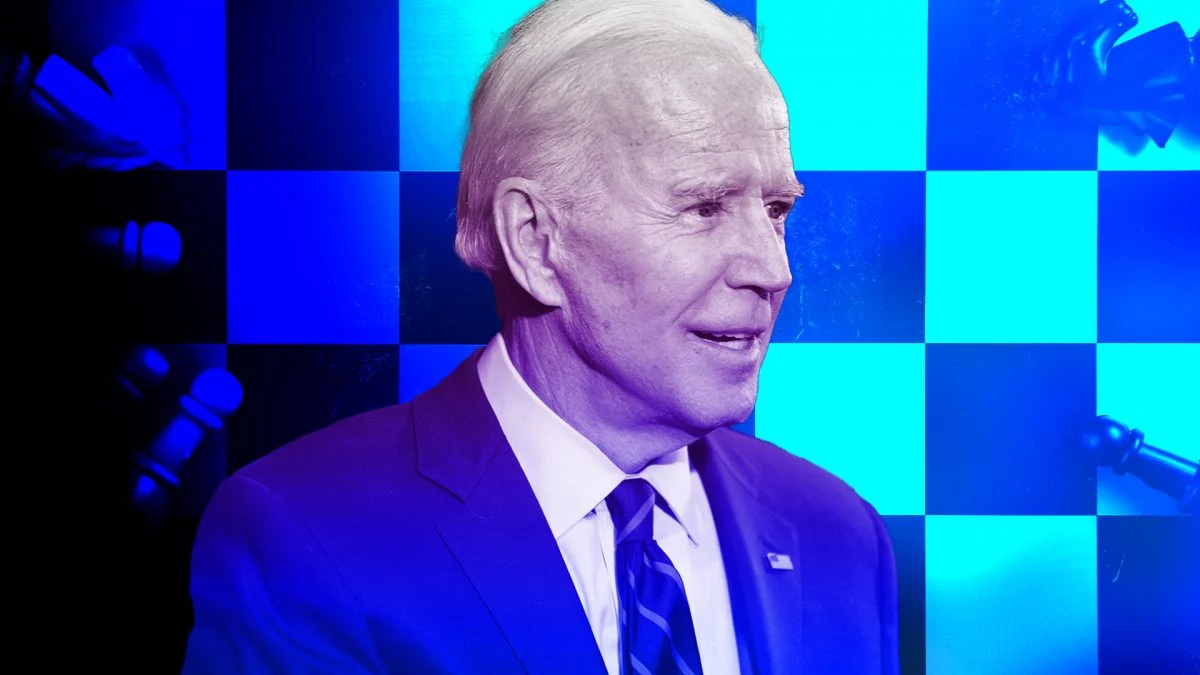A possible 30% excise tax on energy usage by cryptocurrency mining is not in the debt ceiling deal being teed up for a vote in the U.S. House of Representatives.
The 99-page debt deal posted on a House committee website also does not include language to apply wash trading tax rules to digital assets, or other crypto-related tax measures that the Biden administration has proposed.
The Biden administration floated the measures in March, as part of its annual budget proposal, with the application of wash trading rules being the largest estimated revenue-raiser for the federal government, with the Treasury Department asserting that it would bring in nearly $24 billion over 10 years.
Congressional and White House negotiators reached a preliminary agreement to raise the amount of debt the U.S. can issue before ceasing federal spending. The deal includes caps on non-defense federal spending, rather than tax raises, though it still faces votes in the House and Senate, and some skepticism on both the political right and left.
The mining energy excise tax intended to lower energy consumption by instituting a tax equivalent to 30 percent of the electricity costs of crypto mining companies, with a phase-in over three years starting at 10 percent in its first year.
“The increase in energy consumption attributable to the growth of digital asset mining has negative environmental effects and can have environmental justice implications as well as increase energy prices for those that share an electricity grid with digital asset miners,” the March budget proposal reads. “Digital asset mining also creates uncertainty and risks to local utilities and communities, as mining activity is highly variable and highly mobile.”
The mining proposal would have only raised an estimated $3.5 billion over ten years for the federal government, a negligible amount compared to the $31.4 trillion in current U.S. debt and multi-trillion dollar annual spending levels.
Crypto measures in Biden’s annual budget proposal would be a drop in the bucket for the overall deal, with estimated revenue of approximately $35 billion over ten years compared to a deal expected to cut hundreds of billions to over a trillion in government spending and would raise the debt ceiling into 2025.






